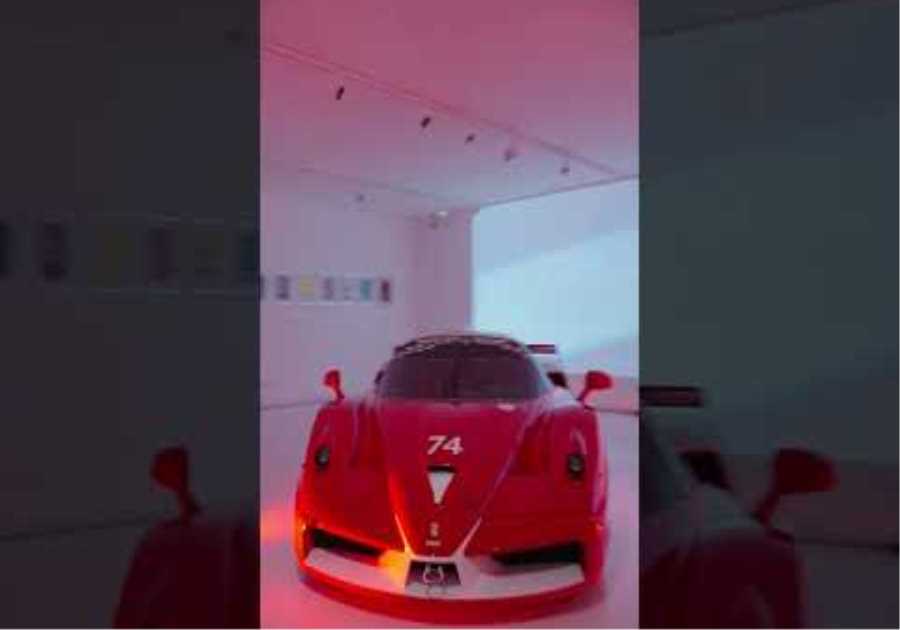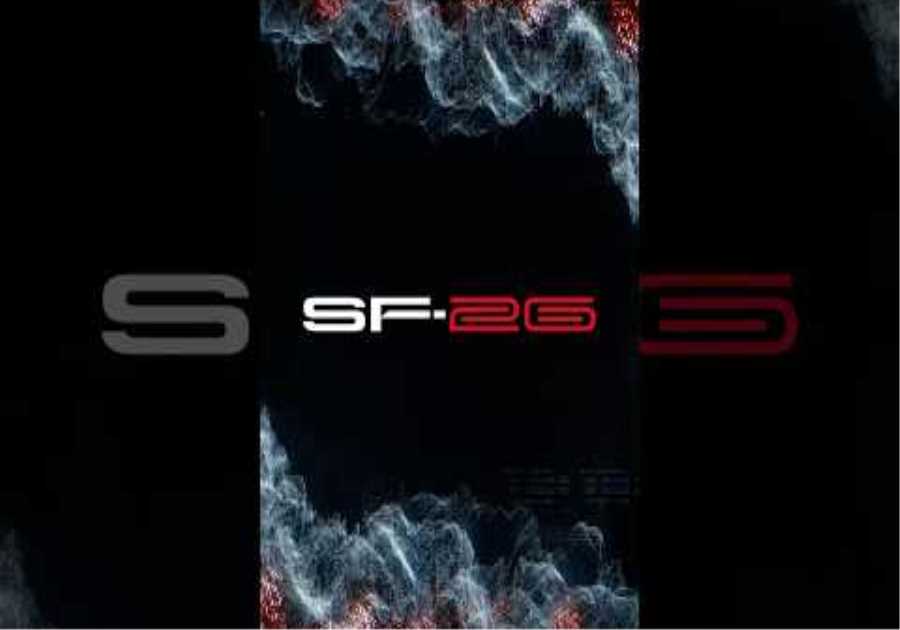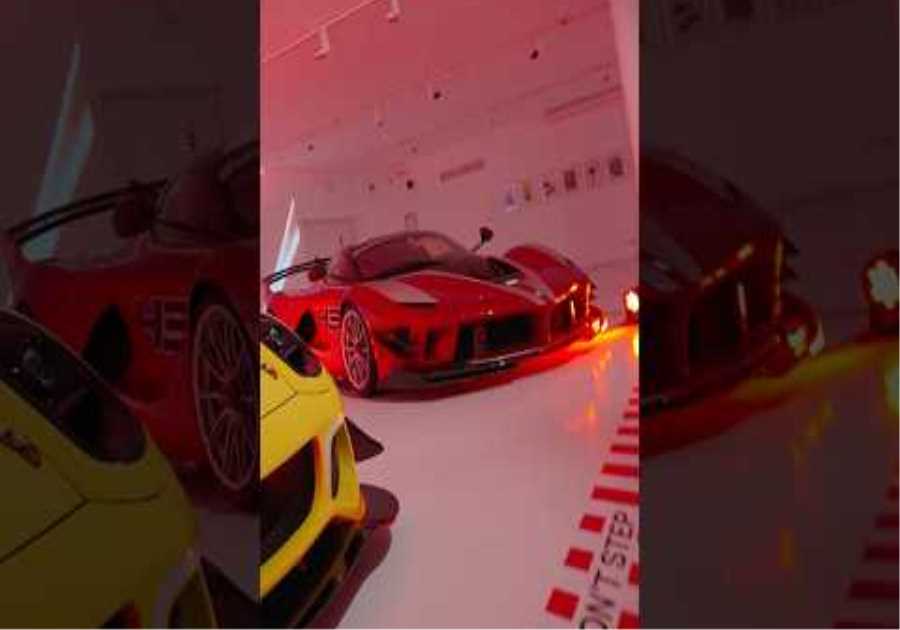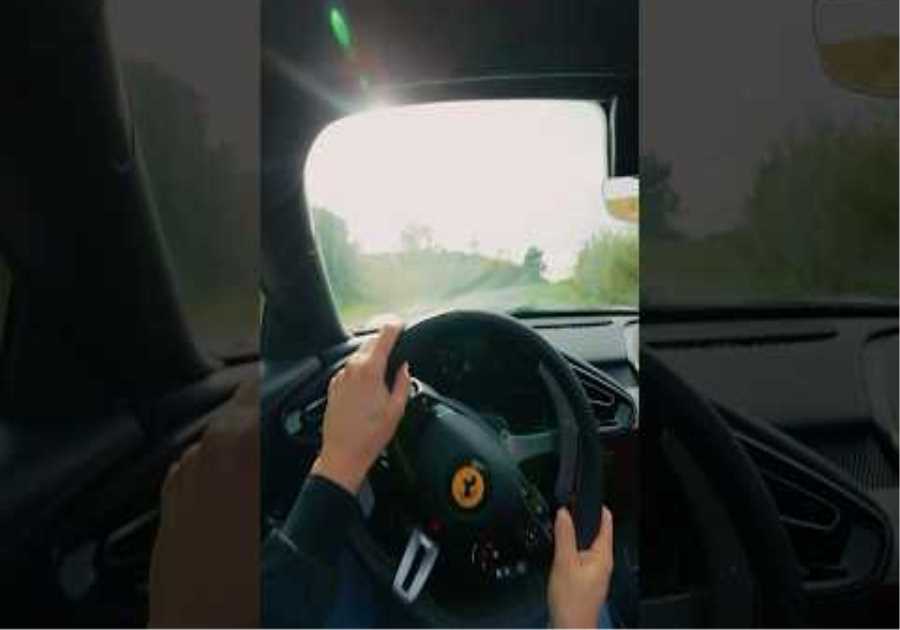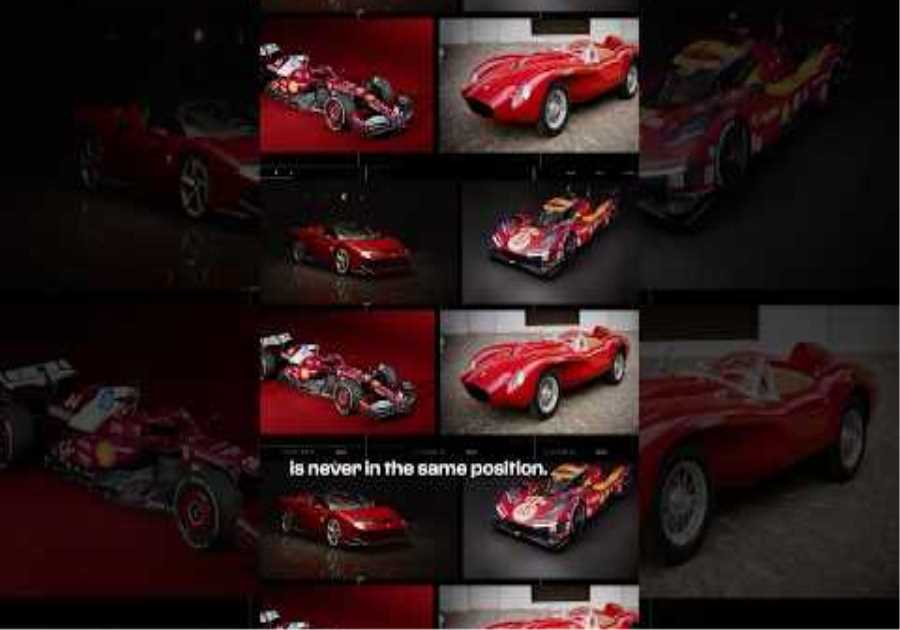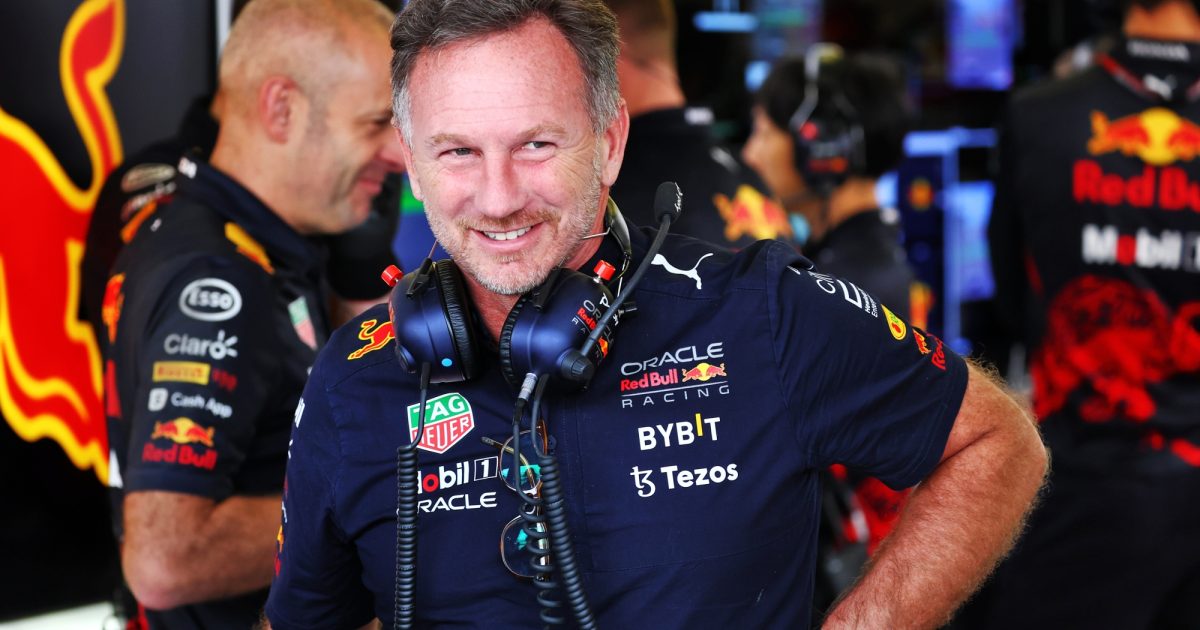
Christian Horner says Red Bull’s desire to be an independent power unit manufacturer remains undimmed, even as Honda look to be seeking an F1 return in 2026.
Having started to supply engines to Red Bull in 2019, Honda officially exited the sport at the end of 2021 to focus on electrification, but agreed to continue to provide technical assistance to the Red Bull Powertrains department, with the current power units being raced by Red Bull and AlphaTauri.
Red Bull won both Drivers’ and Constructors’ titles in dominant fashion in 2022, and thanks to the success of the partnership, the initial technical agreement between Red Bull Powertrains and Honda – which had provided for support until the end of 2023 – was extended until the end of 2025 over the summer.
However, despite Honda’s apparent willingness to come back to F1 in the near future, Horner said that Red Bull would press on with its plans to produce its own power units at the team’s Milton Keynes base, citing the investment already made and the desire to have chassis and engine departments working alongside each other.
“Honda have obviously made the commitment to 2025, which is great,” Horner told RacingNews365.com.
“We’ve explored possibilities beyond 2025, but the reality is it all needs to be under one roof.
“We’ve made the investment, we’ve made the commitment within Red Bull Powertrains, and we’ve recruited the specialists.
“Our journey as a power unit manufacturer and independent engine facility is unchanged by Honda’s possibility that they may come back into the sport in 2026.
“We’ve set our path, we’ve made the commitment, we’re making the investment and, longer term, that’s absolutely the right decision, because it gives us control of our own destiny.
“We’re not held to someone, whether a manufacturer will withdraw or will stay, and [that] enables you to integrate chassis engineers with engine engineers sitting alongside each other on the same campus.”
Horner hails Honda partnership
Prior to working with Honda, Red Bull had used Renault power units from 2007 to 2018. Although this partnership initially proved successful, with Red Bull-Renault sweeping all available championships between 2010 and 2013, the relationship hit the rocks after the start of F1’s turbo – hybrid era in 2014, with Red Bull publicly criticizing Renault for its perceived lack of competitiveness on several occasions.
Such was the breakdown in relations between Red Bull and Renault that the French firm’s engines were instead badged as TAG Heuer from 2016 to 2018, with no Renault decals visible anywhere on the Red Bull chassis.
By contrast, Red Bull’s subsequent partnership with Honda has been much more agreeable, and Horner paid tribute to the Japanese manufacturer.
“After the years of difficulties that we’d been through, suddenly, we had a very willing partner that was prepared to do whatever they could to extract the most performance that they could, and everything was focused on performance,” said Horner.
“We could see that commitment, we could see that desire, the fact that it meant so much to every member of the Honda team.
“Honda is very much a passion-driven company within its racing department, and you could see that throughout Sakura, and throughout their design team and operational team.”

